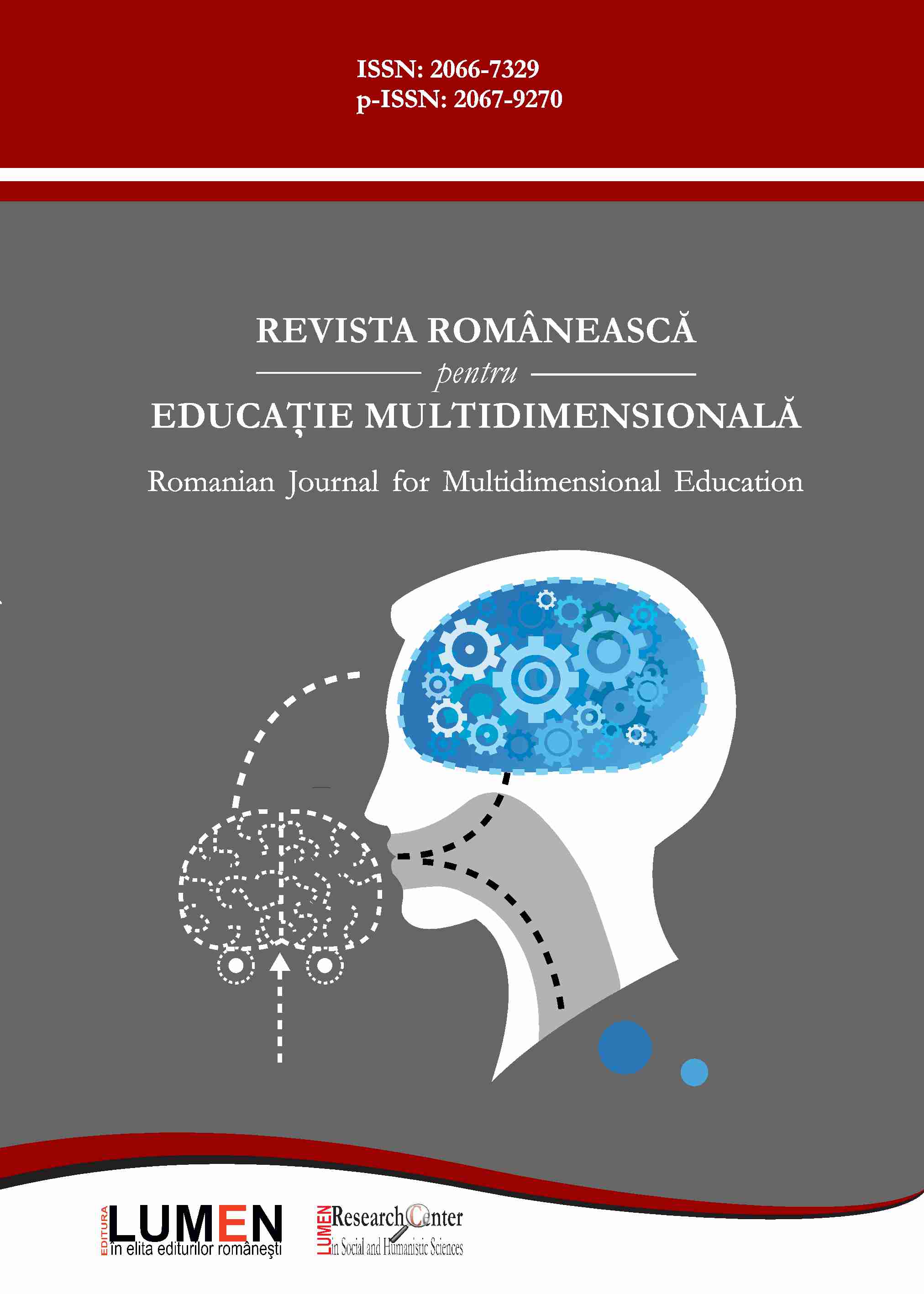”What If (There Would Be / Would Have Been)?” The Concept of Alternative from the Physical Domain to the Historical One
Author(s): Ana Bazac / Language(s): English
/ Issue: 1/2021
Keywords: alternative; logic; description; criteria; truth; knowledge; the new; question; what if?; critical spirit; anticipation; epistemic corruption; abductive reasoning; parrhesia;
The problem of alternatives starts from the epistemological difficulties faced by humans. People have a Janus attitude towards reality and they arrive to know it starting from this bivalent position. On the one hand, they see what is, clearly, what is “before their eyes”. Hence, alternative thinking seems absurd: dissonant with reality, illogical, not necessary, even harmful. On the other hand, they see that the existence has problems, is contradictory, the determinism of things is not always consistent, necessary and exact, but also vague, with random aspects, evanescent. The worrying contradictions are obvious, even if not very clearly. And from here, the thinking of alternatives seems natural, ordinary. How much and how to think alternatives depends. The weight of the two positions depends on the direct and indirect experience, so also on education. Which face of Janus is better? Neither, but both. Both constitute a unity, although it is a unity of contraries. This paper tries to show the birth of alternatives with a logical key. Firstly, the problem of alternatives as such relates only to the human actions and decisions: including to the process of knowing that mediates the decisions to approach and imagine the inorganic determinism as well as the non-human living determinism. Therefore, descriptions and the genesis of alternatives, the differences between the referent and the alternatives, and between the individual and the collective referents and alternatives, the problem of the known and the new, truth and alternatives, the question as openness to alternatives, counterfactual reasoning and hypothesis, abductive reasoning, the paraconsistent logical presumptions disciplining the formation of knowledge and alternatives, the alternatives without which the critical spirit as such does not exist (and the various logical fallacies supported by those who oppose both the critical spirit and the alternatives), the logic of conclusions all the way to the end (anticipation and alternatives), the epistemic and the logical corruption negating both the logic of description and the logic of alternatives – are the main facets posited here. We can finish this abstract not by mentioning the final model of parrhesia and the logical urge to not be afraid of alternatives, but by confessing that one of the reasons of this paper was and is the vastness of the concepts–criteria lying in the background of the explanation of alternatives, as a result of the mistakes done by both the individual and society: the irreparable, the irreversible. It is these concepts–criteria that generate the urgency of alternatives. At their turn, these ones can be either ameliorative (avoiding the necessary transformation, as we see in the present official approaches of ecological problems) and transformative. In the creation of both, the epistemological, psychological and social aspects intertwin. We can better understand this by responding to the challenge to make exercises of “what if?”. These exercises always suppose the deeper awareness of things, the looking at this attempt from the outside, as if we were another person.
More...

